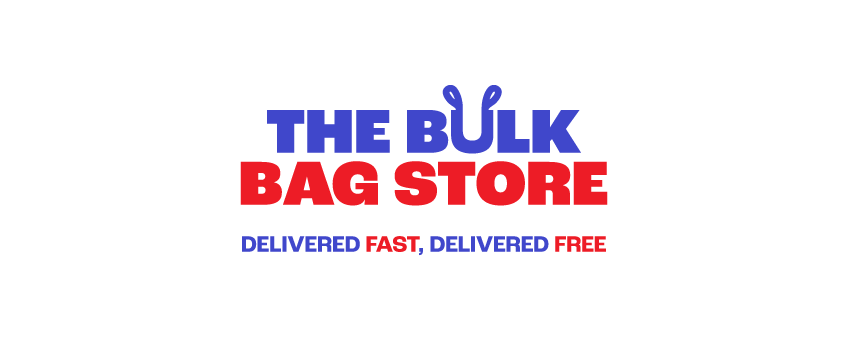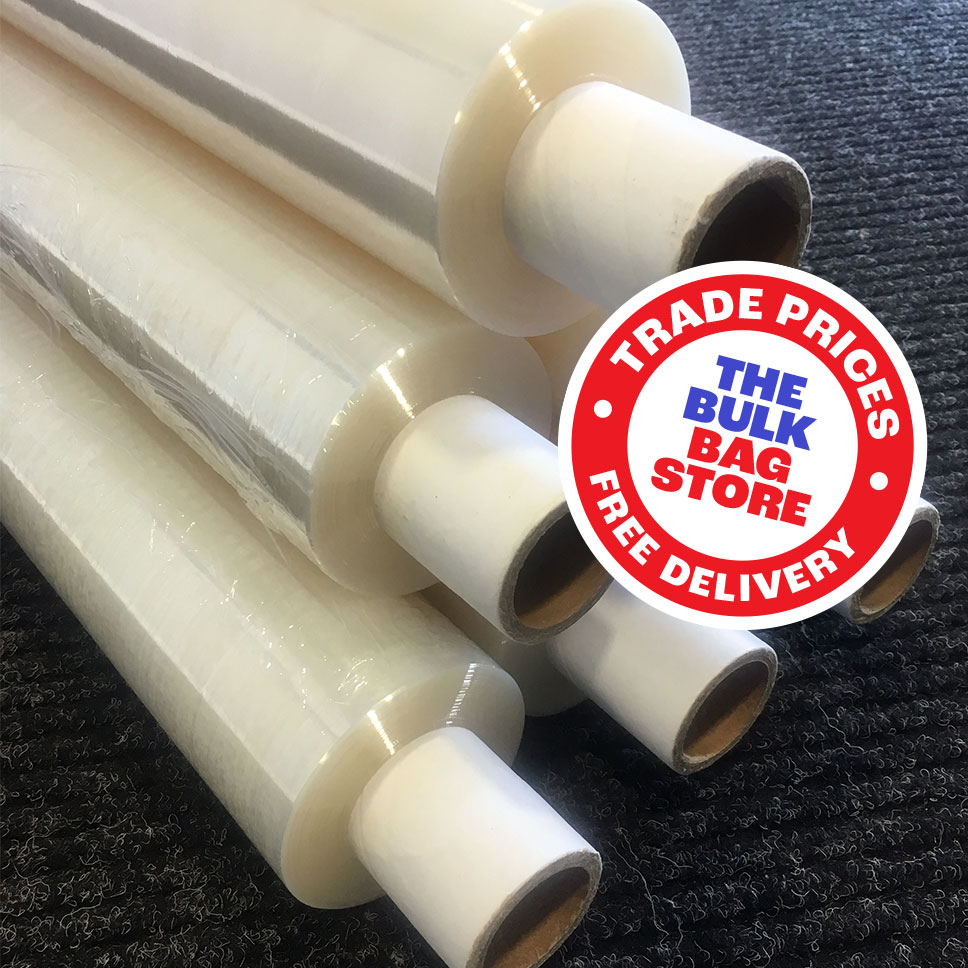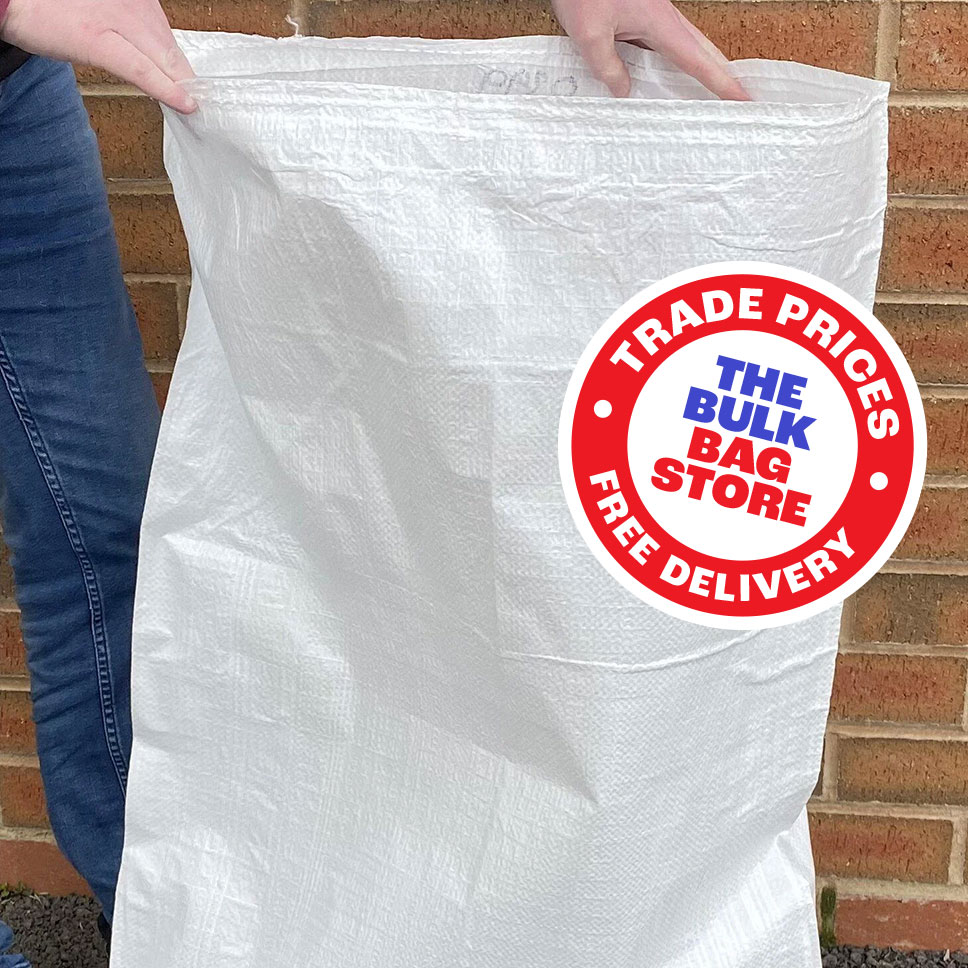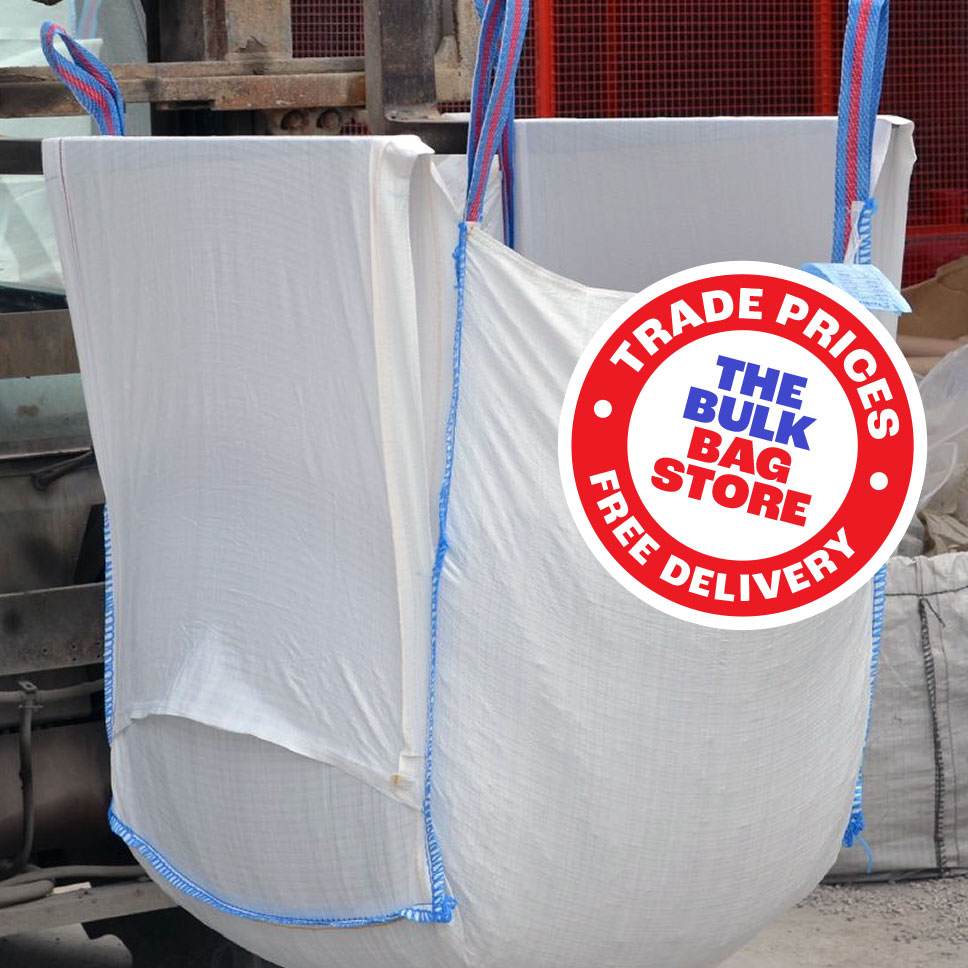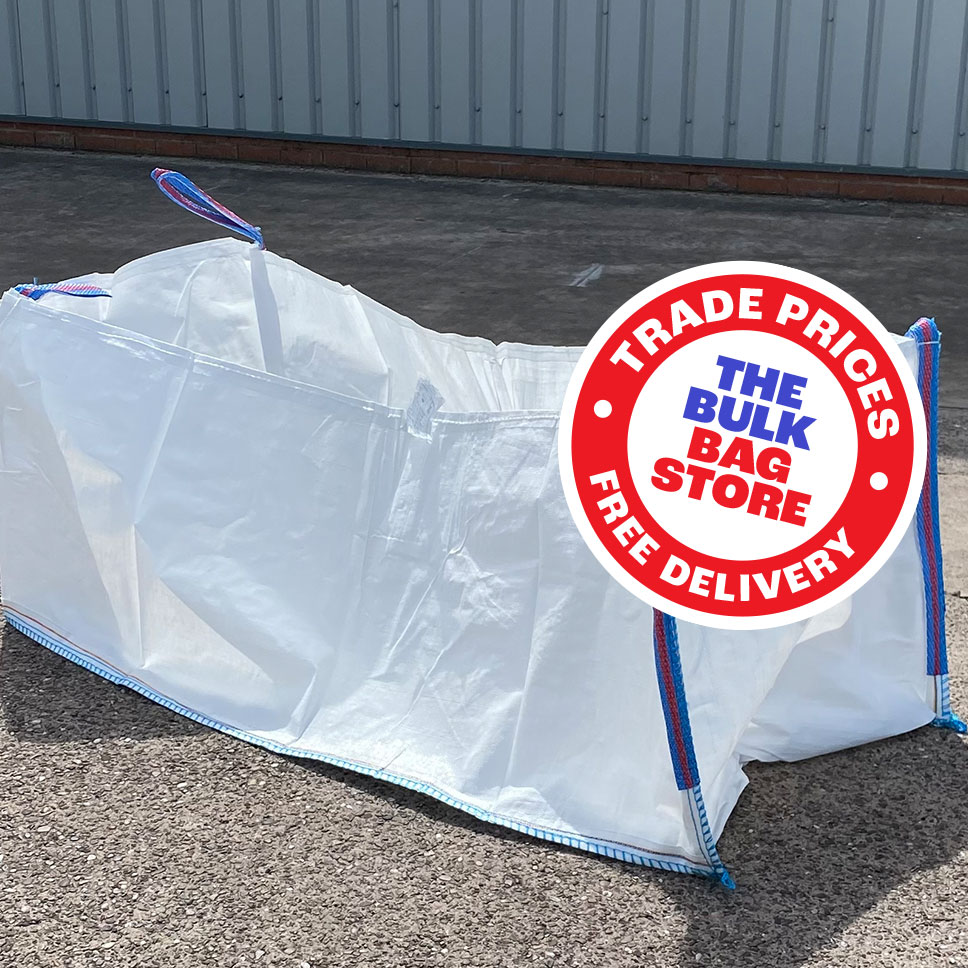The trend towards customisation for intermediate bulk containers
Industrial packaging, of course, comes in all shapes and sizes. What your firm uses depends on what you are producing, how far it needs to be transported and how delicate, fragile or perishable it is.
Many producers and manufacturers use intermediate bulk containers, or IBCs, as their main means of transporting goods.
IBCs are industrial-grade containers used to transport liquids and a huge variety of granular goods, such as resins, cereals and powders. They are described as intermediate because they serve the purpose of transporting goods in large quantities (but less than a tankful) to a place where they are then put into smaller packages or used in manufacturing or production processes.
IBCs are a very common form of industrial packaging, mainly because they can usually be used more than once, making them cost-effective and efficient when transporting large amounts of goods on a regular basis.
They are also popular because they can be customised, coming with various modifications which allow for different uses and applications.
There are two main types of IBCs – rigid (also called RIBCs) and flexible (FIBCs).
The rigid type is made, as its name suggests, from a durable, rigid composite material, usually plastic, or from metal, such as stainless steel. Most come in a metal cage, for added strength, although some are strong enough not to need one.
RIBCs can be used for many different goods, including flammable liquids, and are transported via pallets. One of their drawbacks is that they are usually only usable once, although reusable, collapsible versions are becoming more available. The goods are dispensed via ports at the base of the RIBC, so they are particularly useful for goods which flow easily.
FIBCs, on the other hand, are made from woven fabric (usually polypropylene). Commonly known as bulk bags, FIBCs are not used for liquids, but can accommodate most dry goods, such as building materials and dry ingredients. They are transported via a system of loops which can be attached to a forklift, are easily stacked and are simple to fold flat and store when empty. They are also mostly reusable, making them ideal for firms that want to keep their environmental impact as small as possible.
Both types of IBCs can be customised for different uses and applications. They are available in various sizes – for example, RIBCs can be found in sizes as large as 800 gallons, while FIBCs can manage goods as heavy as 4,400 pounds (or 2,200 if the goods are hazardous).
FIBCs are extremely variable, suiting a whole range of different applications and needs. They not only come in various sizes, and with a range of lifting mechanisms, but can also be adapted with a wide range of effective filling and emptying modifications, to increase their efficiency.
Customised IBCs may cost more, and could lead to initial delays in availability, but there is no doubt that, when chosen wisely, they will help increase efficiency in the long run. So it is no surprise that more and more manufacturers are choosing to customise their IBCs.

